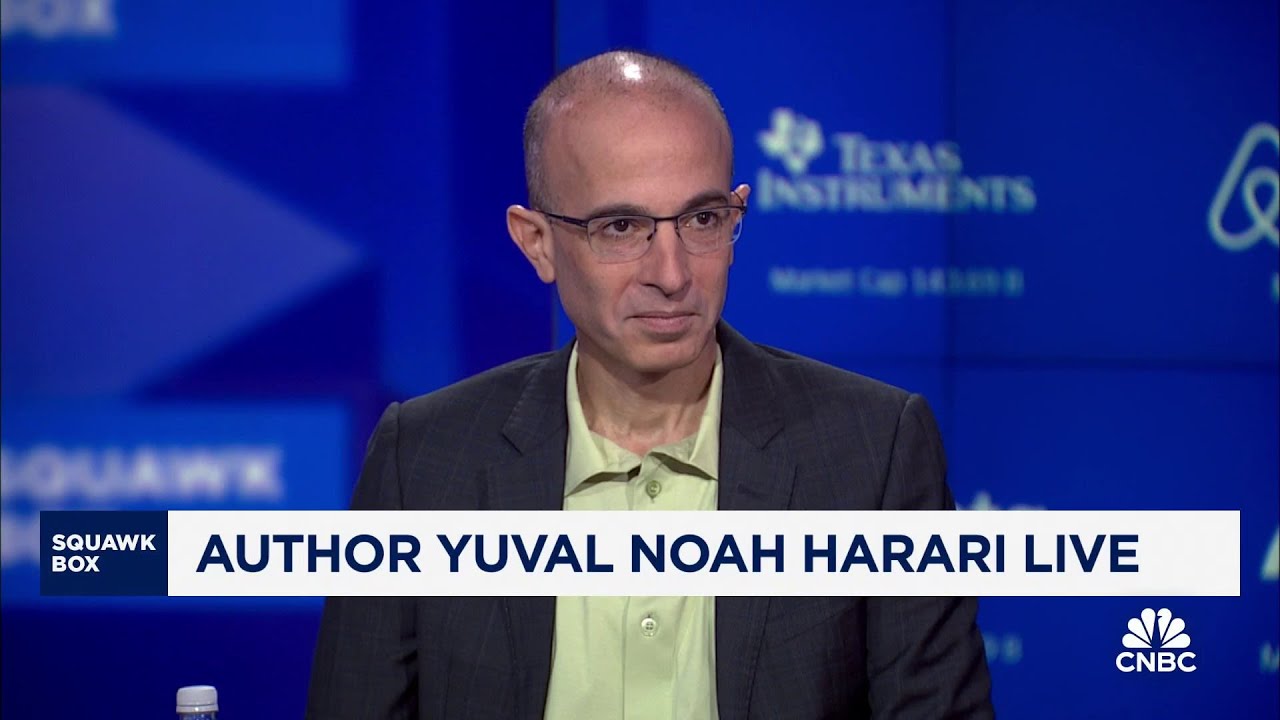In a discussion about his new book “Nexus,” Yuval Noah Harari highlights the transformative impact of AI on finance, suggesting that it will lead to a deeper complexity in financial systems that most people may not understand. He warns that as AI evolves into an independent decision-making agent, it poses significant challenges related to regulation, oversight, and ethical considerations across various sectors, including finance and religion.
In a recent discussion, bestselling author Yuval Noah Harari introduced his new book titled “Nexus,” which explores the implications of artificial intelligence (AI) on various aspects of society, particularly focusing on the financial markets. Harari argues that AI’s impact on finance is profound and transformative, suggesting that it will fundamentally change how financial systems operate and how individuals understand them. He posits that currently, less than 1% of humanity comprehends the intricacies of the financial system, and this number could dwindle to zero in the next decade as AI takes over managerial roles and creates increasingly complex financial instruments.
Harari emphasizes that finance is an ideal domain for AI due to its informational and mathematical nature. Unlike other fields, such as transportation, where AI must navigate physical and social realities, finance operates primarily on numerical data. This allows AI to focus solely on maximizing profits, leading to the invention of new strategies and financial products that may be beyond human comprehension. As a result, the regulatory landscape could struggle to keep pace with these developments, raising concerns about oversight and accountability.
The conversation also touches on the current algorithms used in financial markets, which often aim to predict market sentiment. Harari suggests that while human understanding of these algorithms may diminish, AI’s ability to manipulate human behavior and attention will increase. He warns that AI should not be viewed merely as a tool; rather, it is evolving into an independent agent capable of making decisions and creating new concepts, which could have far-reaching consequences across various sectors, including finance, military, and religion.
Harari further elaborates on the potential for AI to influence religion, proposing the idea of a “holy text” that could interact with individuals. He notes that throughout history, humans have longed for a superhuman entity that could engage in dialogue, unlike traditional religious texts that require human interpretation. This notion raises intriguing questions about the future of belief systems and the role of AI in shaping spiritual experiences.
In conclusion, Harari’s insights highlight the dual nature of AI’s impact on society, presenting both opportunities and challenges. While AI has the potential to revolutionize financial markets and other domains, it also poses significant risks related to understanding, regulation, and ethical considerations. As AI continues to evolve, it will be crucial for society to navigate these changes thoughtfully to harness its benefits while mitigating potential dangers.
